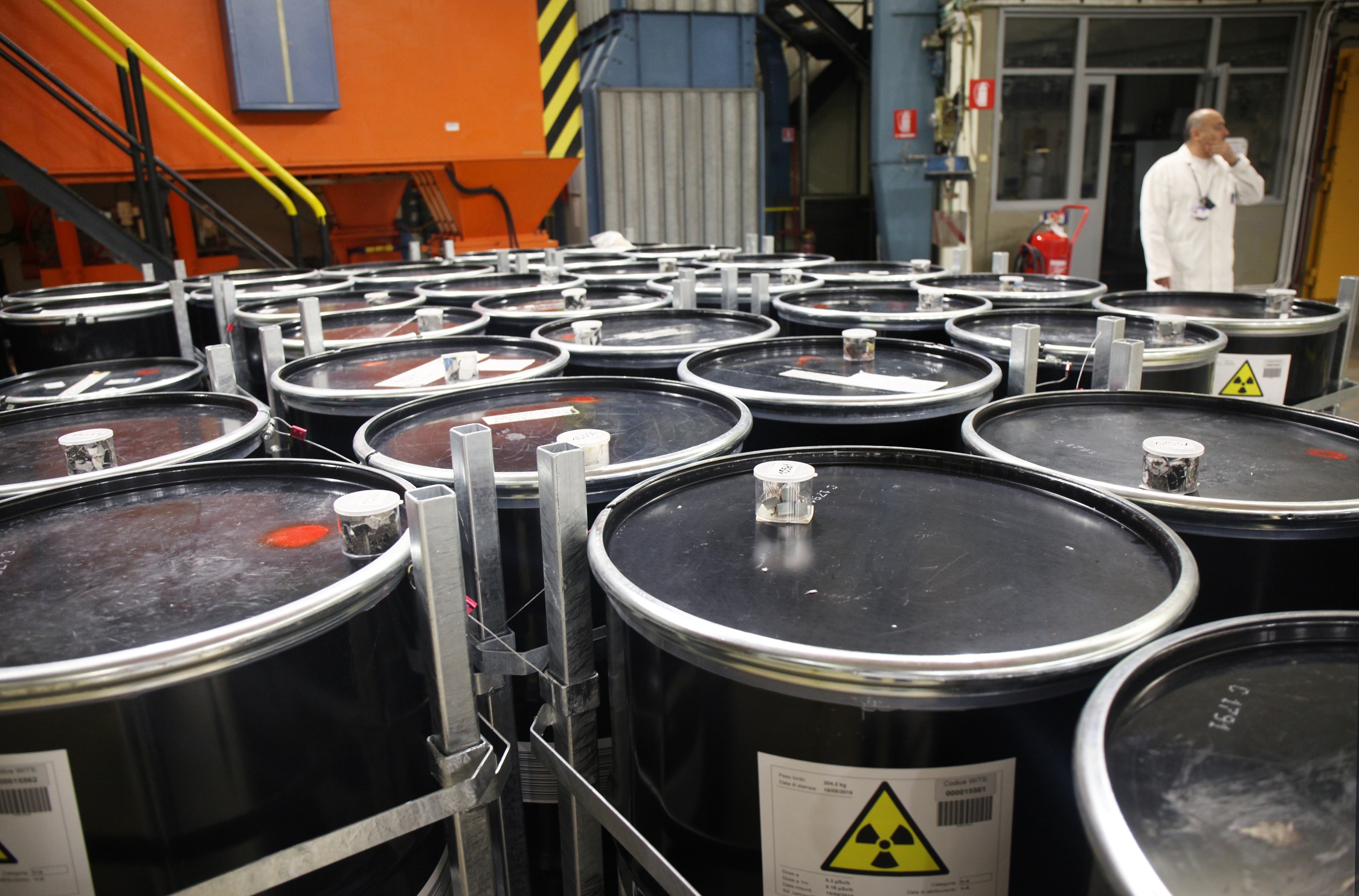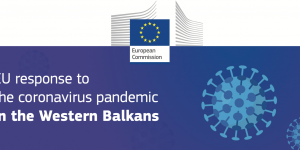Although having no operational nuclear power plants at their territory, Western Balkans (Albania, Bosnia and Herzegovina, Kosovo*, Montenegro, North Macedonia and Serbia) could nevertheless be affected by nuclear releases from neighboring countries, but also by other radiological incidents within their borders. In such a case, the governments would need to decide on appropriate response measures to protect the population and environment. Recognizing that there is a lack of harmonized emergency preparedness and response (EP&R) and in particular support for decision making in emergencies, the European Commission is actively supporting the improvements in the Western Balkan Region in these areas.
The EC has now launched a project worth about €800,000, where one of the world’s leading decision support systems, JRODOS will be installed in the Western Balkans. JRODOS has been developed over the last two decades in a collaborative effort between the EU Member States (MS) and the European Commission, through the EC’s framework scientific research. At present, JRODOS is the chosen tool for the decision support system for radiological emergencies in numerous EU MS and other countries internationally.
Within the project, JRODOS will be installed and then customized for the specific conditions of each of the six partner countries. Six national JRODOS centers will be created and procedures and training for operators and administrators will be provided. An important part of the project is the “on-the-job” training for future operational staff of national JRODOS centers, to be conducted in an operational JRODOS center in the EU. A long-term training plan will be established and the training material, including a train-the-trainers’ course, provided to assure sustainability of project’s results.
Upon conclusion of the project, national JRODOS Centers are expected to be capable of supporting decision-making during nuclear and radiological emergencies. Furthermore, the project is expected to enhance regional cooperation including harmonization of emergency response measures across the region. Extensive EP&R experience in the EU including in particular regional cooperation will be used as a good example to the Western Balkans in this respect.
Background
Following the Chernobyl accident in 1986, the EU launched a nuclear safety programme under TACIS (Technical Assistance to the Commonwealth of Independent States) which, between 1991 and 2006, allocated some €1.2 billion to nuclear safety and security projects. From 2007 to 2013, the EU expanded its nuclear safety assistance to third countries under the Instrument for Nuclear Safety Cooperation (INSC) with a total budget allocation of €524 million. In June 2014, the strategy for the implementation of Phase 2 of the INSC (2014 – 2020) was agreed, committing an extra €325 million for nuclear safety projects. Cooperation with the Western Balkan countries on Nuclear safety started in 2007.
The project is being implemented by the EU Consultant ENCO of Austria, who possesses wide experience in the nuclear and radiological safety and has been implementing similar projects elsewhere. The developer of the JRODOS software KIT of Germany acts as a subcontractor.
For more information, please contact:
Mr. X. Pinsolle, European Commission, DG International Partnerships (DEVCO), Project Manager; Xavier.PINSOLLE@ec.europa.eu
Mr B. Tomic, ENCO; b.tomic@enco.eu




